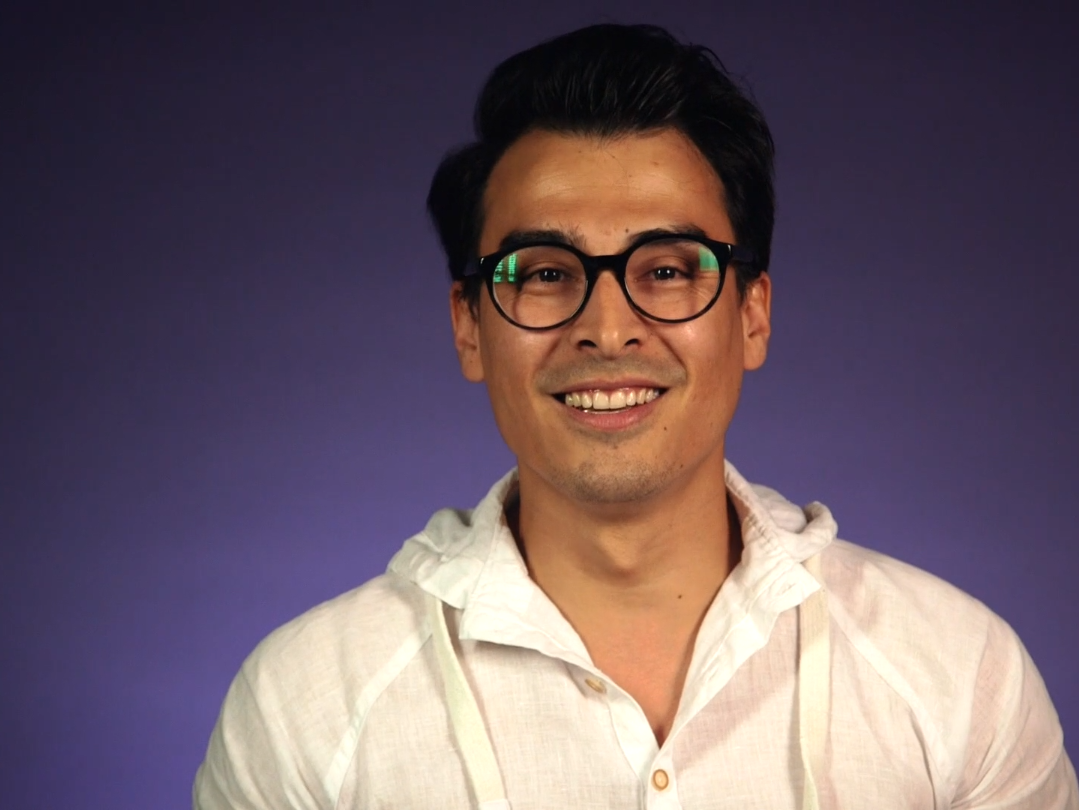Azim Fakhri
I still remember the first time I heard of the coronavirus. It was all new then, and I was talking to a friend. He told me it might really be dangerous, and I said, “Oh no, we’re far away from China, and by the time the virus gets here, they will have found something to stop it.”
A week or two later, when I was at school, a classmate asked me where I lived. I told him, and he asked, “Didn’t you see the news last night?” And then he told me a doctor in my town had caught the virus, and he and his family were in the hospital.
That was when I thought, “Wow, that was quick.”
As an immigrant, I think we should follow the rules just like everyone else if we want to live in safety with our loved ones.
I volunteer to work with refugees near where I live. I know almost all of them, and practically everyone has asked me if we – the refugees – will get the shot sometime, too. I’ve told them yes, definitely, we’re people too, and when our turn comes, we’ll get the vaccine just like everyone else. The restrictions are frustrating, I say, but we can do it, and there is a light at the end of the tunnel.
Most refugee families are larger than German families. I think that’s part of the reason they’re worried. They fear for themselves and their children.
At the start, when everything was closed for a while, it was really stressful for us. My kids were constantly asking me when they could go back to school, and when they could see their friends again and play with them. I had no idea what to tell them. They’re back in school now, and I hope everything will be back to normal soon.
On the other hand, this is still a new situation for all of us, and it’s hard to find the words for everything we are experiencing. As a father, my job is to lead my children, to be a good role model and show them how to protect themselves when they’re at school or in the park.
Some people I talk to don’t even believe in the virus. They just say it doesn’t exist – both Germans and refugees. When I am talking to them and we discuss the pandemic, it’s hard for me to convince them otherwise.
I don’t know what the total economic toll of the coronavirus will end up being, but I think it must be fairly large. There are so many people who have lost their jobs, but as I told my classmate, the pandemic isn’t as bad as the second world war.
Back then, Germany was completely flattened, but people decided to fix their country back up, and that’s what they did. We can survive the coronavirus. We can make it possible.
What I’ve learned is that we should love one another and be there for each other when someone needs our help. We really have no idea what the future holds.

Azim Fakhri is 31 years old. He is an IT specialist and artist. He has lived in Germany since 2014. He is currently enrolled in a training program to become an IT specialist in system integration here. He worked as a graphic artist back home in Afghanistan under the name Kabul Knight. Support for human rights, messages of peace, and signs of hope are important features of his work.